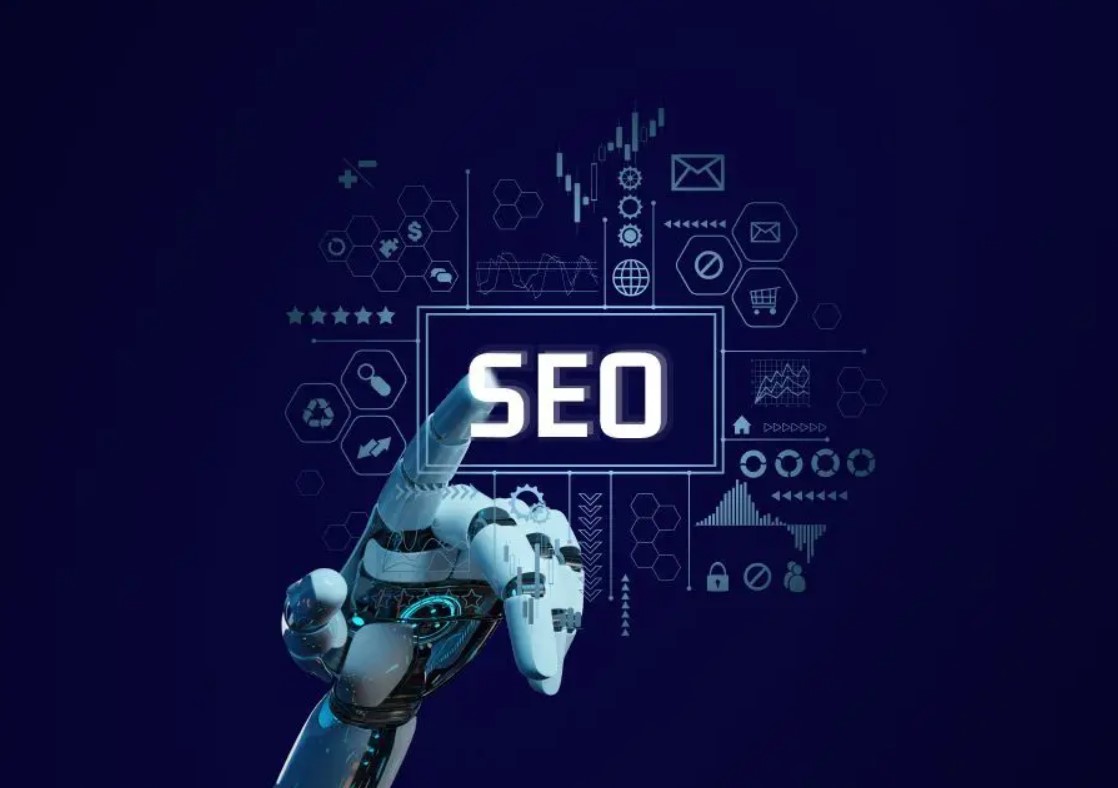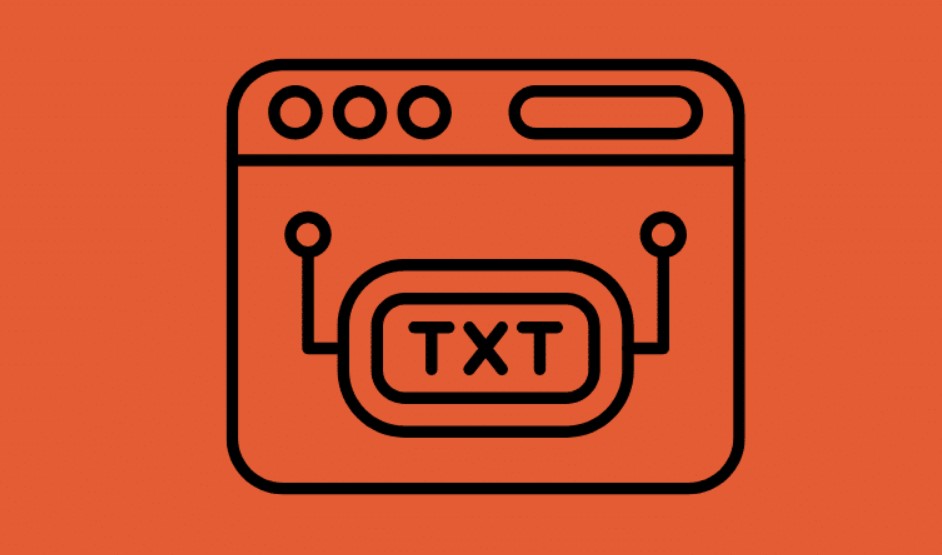Published by NewsPR Today | July 2025
There’s a quiet storm shaking up the internet—and it’s wearing the Google logo.
If you run a blog, news site, or even an online store, you’ve likely noticed something’s not right. Your traffic is down. Your ads aren’t performing like they used to. Even your best content isn’t reaching people.
What changed? Google’s new AI-powered features—like AI Overviews—have taken over the top of search results, and many believe they’re doing more harm than good.
Now, publishers in Europe are suing Google, accusing it of abusing its power and damaging the very people who helped build the internet in the first place.
Let’s take a closer look at what’s happening—and why it matters to all of us.
Google Used to Be a Guide. Now It’s Acting Like the Gatekeeper
For years, Google has helped people find the best websites by connecting them to helpful content. Creators worked hard to earn their spot on the results page, and in return, Google sent them traffic, clicks, and customers.
But that relationship has changed.
Today, when you search for something, Google’s AI often gives you a complete answer right on the page. It pulls from multiple websites—without always giving credit—and users don’t need to click anything.
As a result, websites that used to get thousands of visits from Google are suddenly seeing traffic vanish. Creators and business owners are losing both visibility and income.
Related Article:
- Is Google’s AI Killing Your Plumbing Leads? Proven SEO Strategies Plumbers Need Now
- Google’s AI Overview Algorithm: Simple SEO Strategy Guide for Concrete Services
The Two Groups Hit the Hardest
This shift is affecting nearly everyone who relies on search, but especially:
1. Advertisers
Businesses that pay to show up in Google results are getting fewer clicks. Why? Because the AI Overview often gives people the answer before they even see the ad.
Fewer clicks mean less business—but the cost per click keeps going up. In some industries, ad prices have jumped as much as 40% in the past year.
That means businesses are paying more money for fewer results.
2. Publishers and Content Creators
Writers, bloggers, journalists, and news sites are also taking a big hit. Google’s AI uses their content to generate summaries, but doesn’t always send traffic back.
A recent study showed that when an AI Overview appears, a website’s organic traffic can drop by more than 30%—in some cases, up to 70%.
And here’s the worst part: if publishers don’t want their content used in AI Overviews, they basically have to disappear from search entirely. That’s not a real choice—it’s a threat.
The Legal Battle Begins
Related Article: European publishers have now taken action.
They’ve filed an official complaint with the European Commission, saying Google is using their work without fair permission or pay—and making it impossible to compete.
They’re asking regulators to step in and protect the open web before it’s too late.
At the same time, advertisers are also raising concerns. They see fewer impressions, fewer clicks, and a shrinking return on investment. The tools they once relied on—like Google’s Smart Bidding—no longer seem to work in their favour.
What Google Says
Google’s CEO, Sundar Pichai, insists there’s no problem. He claims that pages with AI Overviews perform just as well as pages without them.
But the data from advertisers and publishers tells a different story. Click-through rates are down. Organic traffic is down. Ad costs are up.
And while Google’s revenues keep growing, everyone else seems to be losing.
This Isn’t Just a Glitch—It’s a Crossroads
What’s happening now isn’t just a small update. It’s a major shift in how the internet works.
If Google’s AI takes over the top of every search, and fewer people click through to websites, what happens to the businesses, creators, and publishers that depend on that traffic?
Do we want a web where people can discover real voices and fresh ideas? Or one where a machine tells us everything, based on someone else’s work?
NewsPR Today’s View
We believe Google’s AI Overviews are hurting the open web. They’re making it harder for real people to get seen, earn a living, or share their knowledge.
This isn’t innovation—it’s exploitation.
Google needs to give creators and advertisers a fair chance. That means more transparency, more control, and real options—not just a take-it-or-leave-it system.
We also believe it’s time for creators and businesses to speak up, diversify their traffic sources, and support calls for accountability.
The future of the internet shouldn’t belong to one company’s AI—it should belong to the people who build, write, create, and share.
Stay with NewsPR Today for real insights into the future of search, digital publishing, and the fight to protect the web we all rely on.




